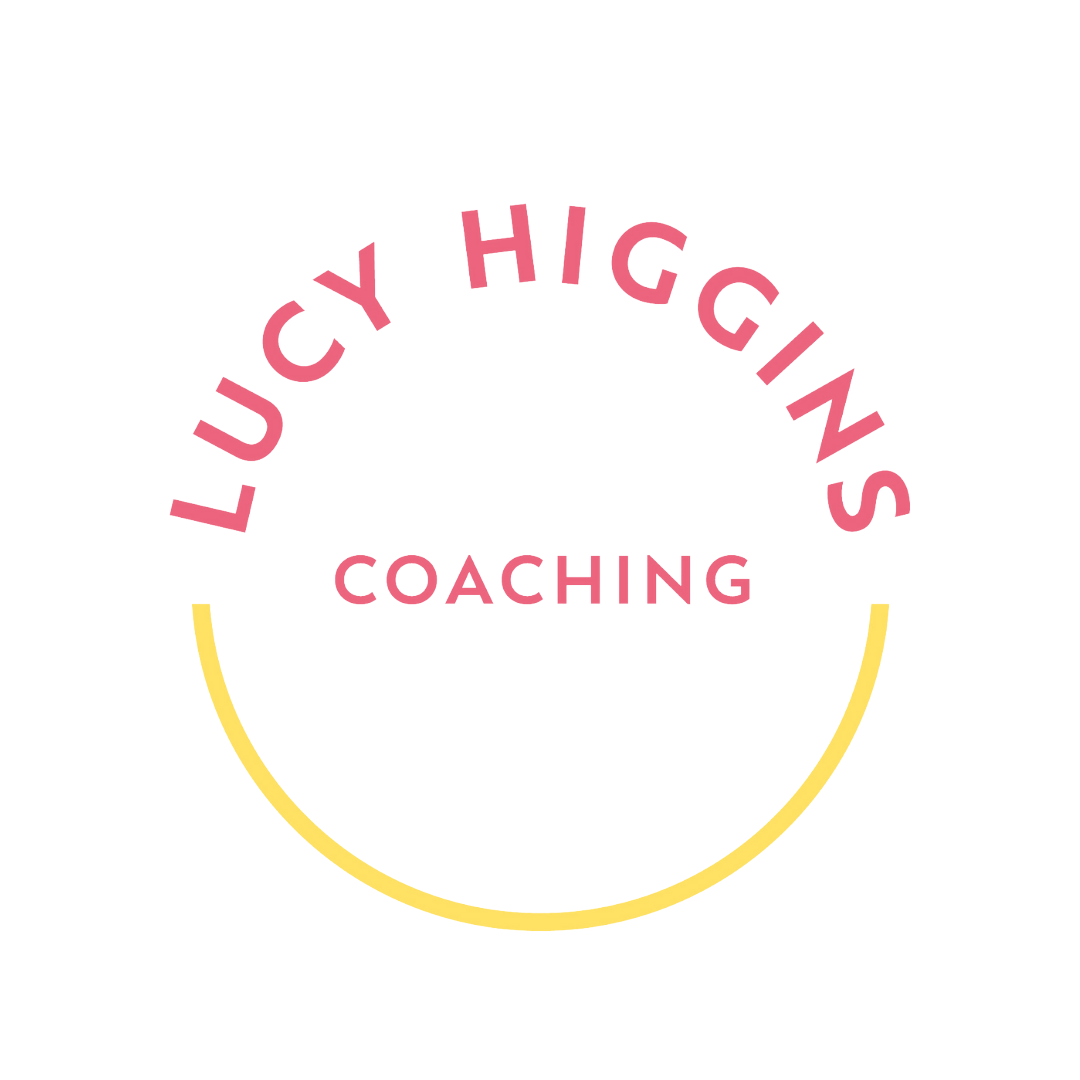How not to feel lonely at the school gate
A sea of masked parents stand at the school gates, 2m apart.
I lock eyes with one Mum. I ask her how she is, and we exchange a knowing look which says:
“I see you, keep going, you are a Superhero”.
Then I hear her lying words, “I’m really well, thanks, and you?”.
My eyes well up.
The opportunity to be seen and heard by another human – genuine, authentic connection – which we clearly both desperately need – disappears in an instant.
I am alone.
The news that women have been adversely affected by the pandemic is no longer news. Mothers have been hit particularly hard, with many being forced to take responsibility for domestic duties, caring for older relatives, homeschooling and childcare – all whilst many are struggling to hold onto their jobs. Some have also been forced to cope with other momentous life events like a health diagnosis, the loss of loved ones, a relationship or a business.
According to last year’s “Women in the workplace” report by McKinsey (in conjunction with LeanIn.org), three specific groups of women have experienced some of the largest challenges due to Covid 19: working mothers, women in senior management and black women. It’s also been reported that the gains made over the last decade for women in the workforce have been reversed, causing what some are referring to as a “she-cession”.
The women I speak to feel invisible, isolated and angry. It has always been a juggle to prioritise self-care around family and work. Still, with remote working being obligatory for many of us, we are now literally living at work – boundaries are non-existent. There has also been very little contact with friends and family for months, removing any hope of the emotional and practical support we usually rely on.
I believe it’s the cumulative effect of living like this for so long whilst coping with the challenges of lockdown that have led many experts in the helping professions to declare a mental health pandemic.
Many women have been stuck in their “fight or flight” response or have relied on unhealthy coping mechanisms. They have not had the emotional energy to name their feelings, let alone process them. I commonly hear, “I can’t complain. People have had it so much worse!” when what they really mean “I am struggling, but I am bad for feeling this way”. This toxic positivity (the belief that whatever difficulty you are feeling or facing, you should maintain a positive mindset) is rife at the moment.
The problem is, by not validating our own feelings and letting ourselves feel, we deny ourselves of the help, authenticity and connection we need. And this leads to loneliness, anxiety, shame and guilt. I believe this maladaptive coping mechanism can only be broken by increasing our self-awareness.
“The most important relationship we can have is the one you have with yourself. the most important journey you can take is one of self-discovery. Knowing yourself is the beginning of all wisdom”
ARISTOTLE.
Post-traumatic growth teaches us that even in extreme adversity, we can learn, grow and transform, but we must have the necessary support system and have the time, courage and energy to lean into the uncomfortable emotions and process them in a healthy way.
Dr Susan David, renowned psychologist and emotional agility researcher, explains:
“Decades of psychological research shows that our life satisfaction in the face of inevitable worries, regrets and sad experiences depends not so much on how many of these things we experience or even their intensity but on the way we deal with them.
“Buying into harmful narratives, suppressing emotions, or obsessing over failure are all unproductive coping mechanisms. Gentle acceptance, on the other hand witnessing your emotions with non-judgement and self-compassion – is the pre-requisite to change.”
When we are able to accept our own feelings, we get what we truly need in return – an authentic human connection to ourselves and others.
And we learn the truth. We are not alone.
If you would like to do some gentle reflection, I have written a “Pause & Reflect” workbook full of powerful questions to help you to:
Find some meaning in your experiences
Clarify what you’ve learnt about yourself and others
Focus on how you want to move forward
However, many of us have had a particularly traumatic time. Rather than reflecting on your own, if you think you might need support to talk through your experiences, I would advise you to make an appointment with a qualified counsellor or therapist who you can find here. You can also send text Give us a Shout to 85258 (a free, confidential 24-hour text support service) or call the Samaritans on 116 123.
Lucy Higgins is an ICF ACC Coach and mum of two boys. Visit her @bigtalkformums account for Insta Live BIG talks.
